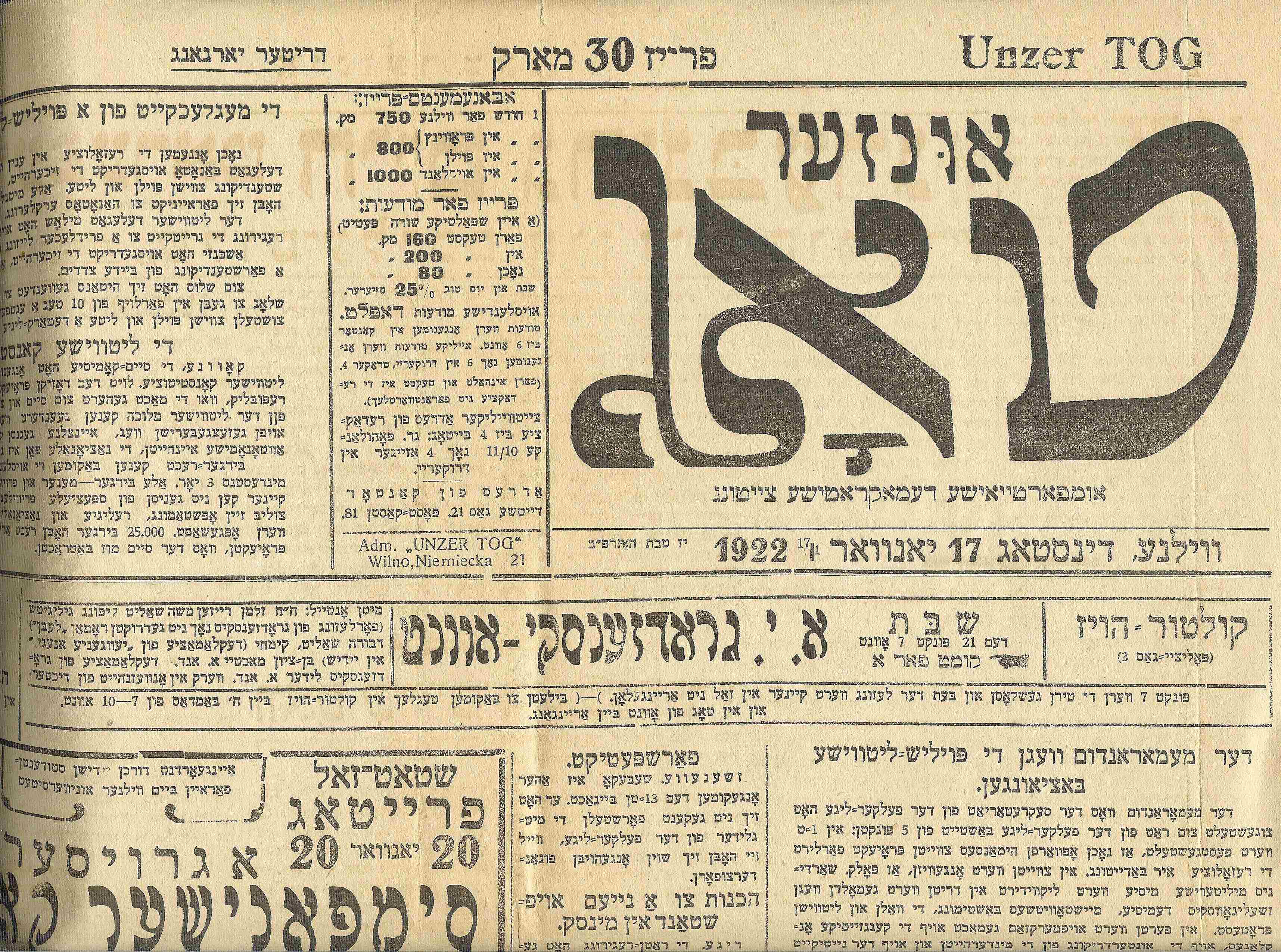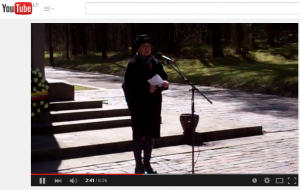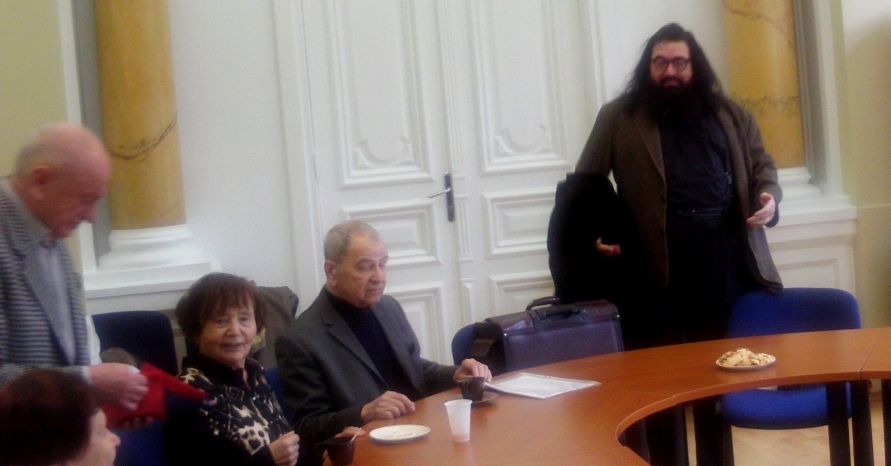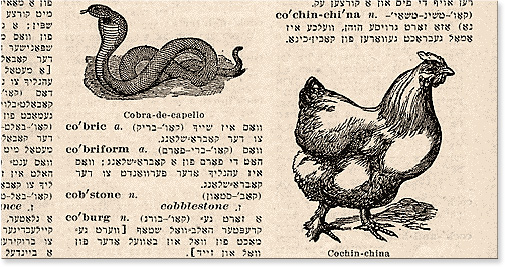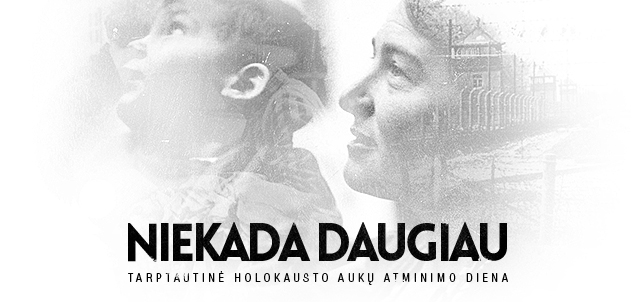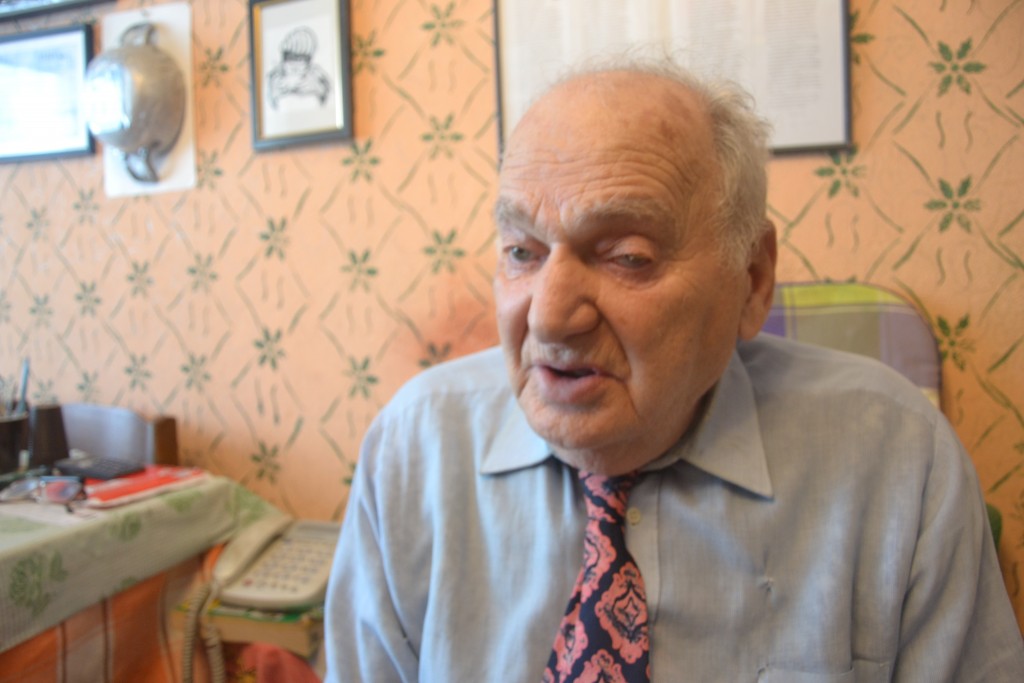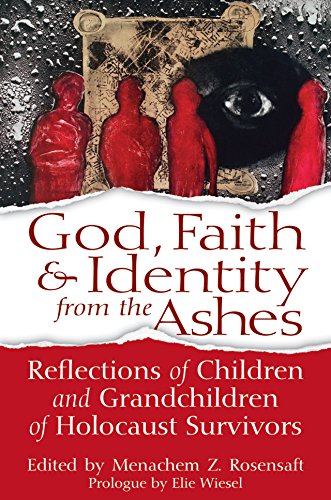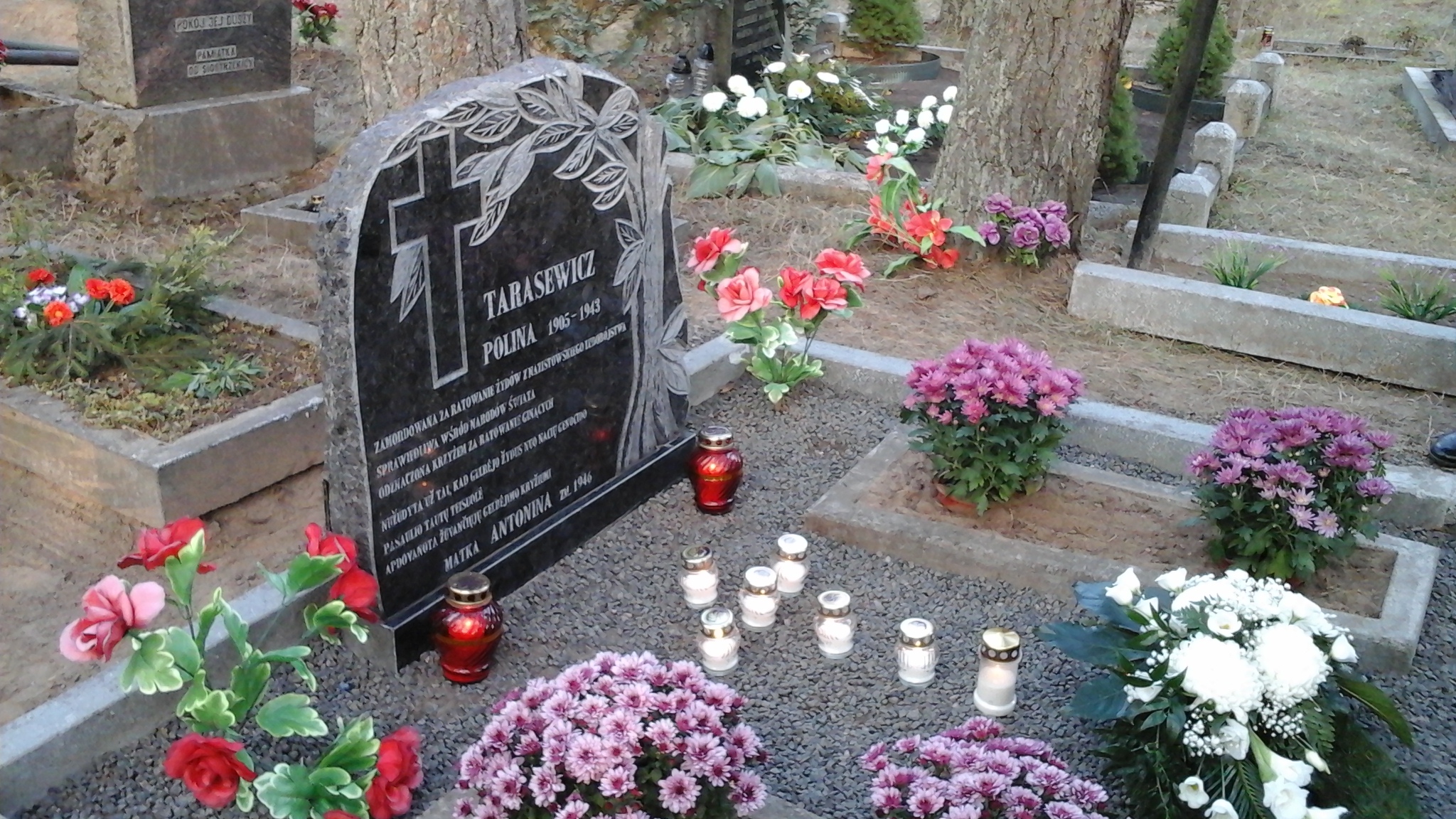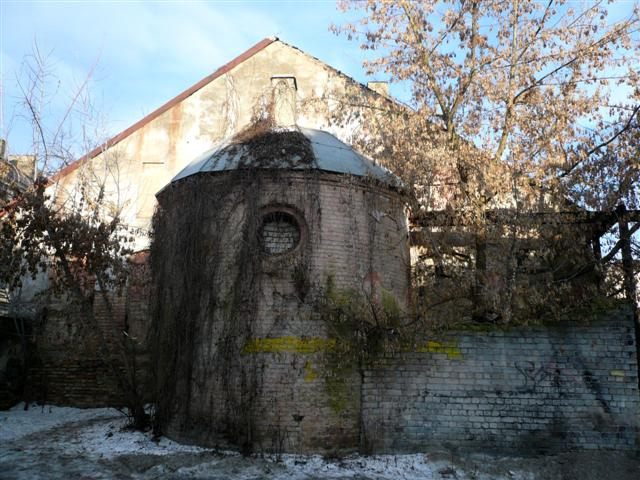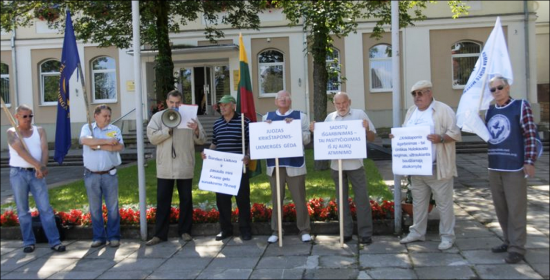It was a time of trial and tribulation for World Jewry. Shavuot 1915 was one of the largest single expulsions of Jews since Roman times. Over 200,000 Jews in Lithuania and Courland would be abruptly forced from their homes into dire circumstances.
With the advance of the German army on the Eastern front in the spring of 1915, retreating Russian forces vented their fury against the Jews and blamed them for their losses. They leveled spurious accusations of treason and spying for the enemy and sought to keep a distance between Jews and German forces to prevent contact by expelling Jews near the war front. From province to province throughout Poland, multitudes of Jews were expelled. Many also fled from their homes as German forces moved eastward.
By March, German forces approached Lithuania as Russian forces continued their retreat. The first expulsion in Lithuanian took place in a small town of Botki. In April, at the town of Kuzhi, the local Jews were accused of hiding German troops in their homes. Although proofs were brought by members of the Duma debunking the charges as fiction, the accusations had already spread throughout Russia via newspaper reports and became another pretext to persecute Russian Jewry. Soon after, the mass expulsion from Lithuania commenced.
While preparing for the upcoming Shavuot holiday, notices appeared calling for the Jews living in areas closer to the war front to vacate their homes over the next day or two days. Most of the notices gave 24 hours or even less time.
In just a few days, Lithuanian Jewry, which had a legacy of hundreds of years made a hasty exit, ordered to move eastward. Even the sick and the infirmed were included in the decree. Those who did not comply faced execution.




